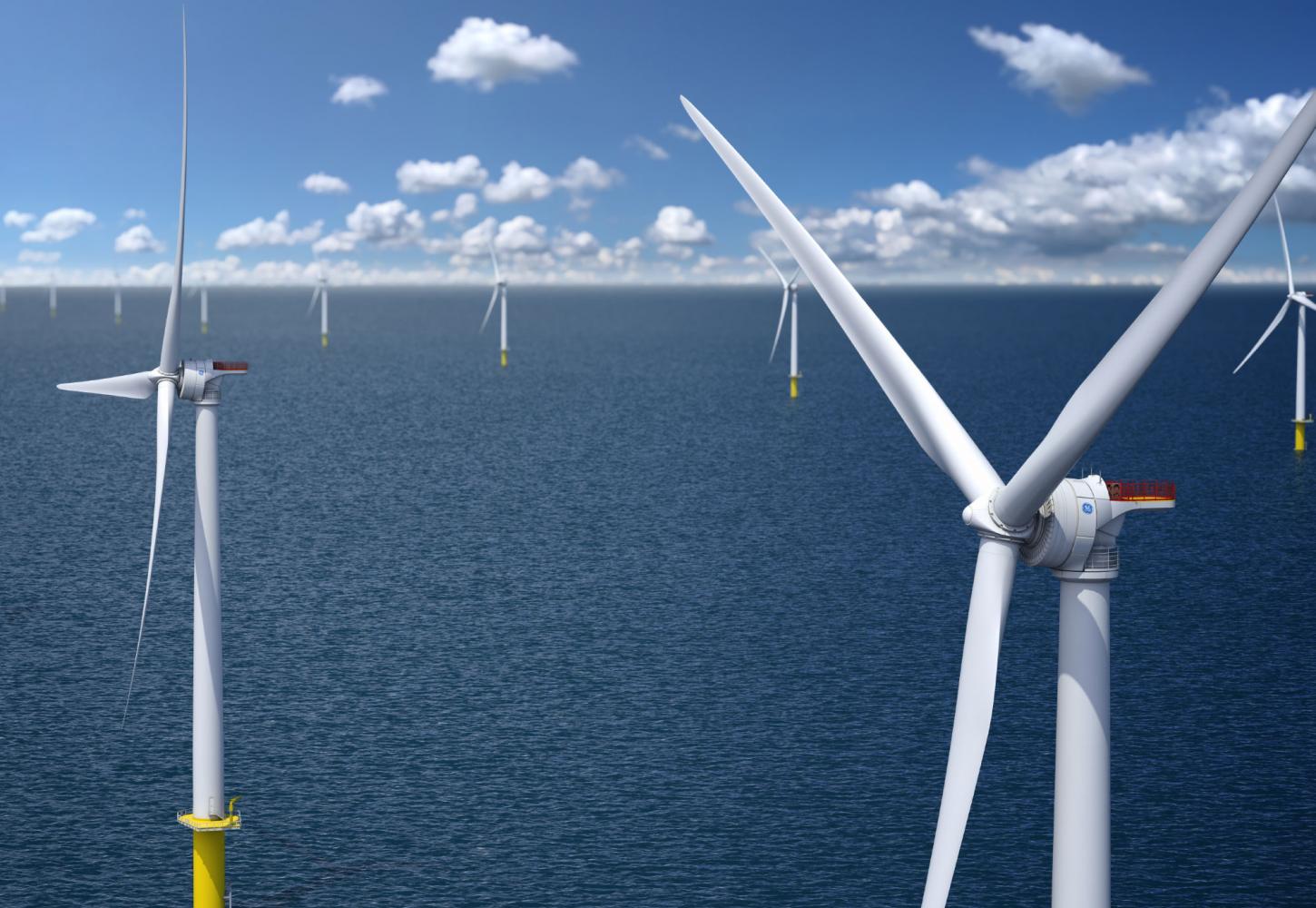
Preserving Our Oceans: A Paradigm for Sustainable Maritime Practices
Water, an indispensable and foundational element of life, demands our most meticulous stewardship, particularly when traversing the immense and uncharted expanses of the sea. The imperative to preserve this invaluable resource becomes increasingly pressing amidst the complexities of maritime activities. Embracing eco-conscious practices not only ameliorates our environmental footprint but also sustains the delicate equilibrium of marine ecosystems.
Curated Selection of Environmentally Benign Products: The discerning choice of eco-friendly cleaning agents and sprays is crucial in mitigating the introduction of deleterious chemicals into our oceans. As the exigency of water conservation at sea intensifies, selecting products with minimal ecological impact is an essential strategy for safeguarding the vitality of marine environments.
Championing Reusable Alternatives: The escalating menace of plastic pollution necessitates a proactive approach. Counteract this threat by adopting reusable alternatives during your maritime sojourns. Substitute single-use plastic bottles with robust metal thermoses and explore products crafted from recycled materials, such as cups and containers. These deliberate choices substantially diminish your environmental footprint and contribute to the preservation of marine habitats.
Exemplary Waste Management: Vigilance in waste management aboard is paramount, especially concerning non-biodegradable materials such as plastics, which imperil marine life. Equip yourself with containers or bags to securely store waste throughout your voyage, ensuring its proper disposal upon return. Emphasize recycling by directing recyclables to designated facilities, thereby minimizing your ecological impact.
Mitigating Fuel and Oil Spills: Implementing prudent measures to prevent fuel and oil spills is crucial for the protection of marine ecosystems. Exercise meticulous care during refueling to avoid overfilling, recognizing that fuel expansion during engine operation can lead to inadvertent spills. In the event of a spill, promptly engage in containment and remediation efforts to preserve the fragile marine environment.
Advancements Through Integrated System Technologies: Enhance your commitment to sustainability through the adoption of cutting-edge generator replacement technologies, such as the Integral System. By obviating the need for a separate generator, this pioneering system reduces fuel consumption by up to 25% and optimizes engine efficiency. It also provides electrical power for onboard use, ensuring comfort and functionality even when moored or anchored. Embrace these innovative practices to drive transformative change in your maritime endeavors.
Incorporating these advanced strategies into your maritime operations enables a substantial contribution to the preservation of our oceans and the broader marine ecosystem. Adopting these practices ensures the vitality and resilience of our seas for future generations.
The ocean, a critical component in sustaining life on Earth, plays a fundamental role in generating approximately 50% of the oxygen we depend upon, absorbing 25% of anthropogenic carbon dioxide emissions, and functioning as a primary carbon sink by capturing 90% of excess heat produced by these emissions. As both the “lungs of the planet” and its largest “carbon sink,” the ocean serves as a crucial buffer against the impacts of climate change.
Yet, the ocean’s health faces grave challenges due to escalating greenhouse gas emissions. The warming and acidification of seawater are inducing detrimental changes to marine life and diminishing the ocean’s capacity to absorb carbon dioxide, thus jeopardizing life on Earth.
Addressing the Critical Challenge: Each day, an alarming 22 million tons of carbon dioxide, emanating from industrial activities, vehicles, and other human endeavors, are sequestered by the world’s oceans. This relentless absorption is causing a significant increase in seawater acidity, posing severe threats to myriad marine species, from plankton and coral to sea stars, salmon, and whales.
The increase in ocean acidity by 30% has already led to the decline of coral reefs, the loss of oyster beds, and the weakening of essential marine food sources. This decline reverberates throughout the ocean’s food web, impacting species dependent on these crucial resources.
Critical Ecosystems Under Threat: Coral reefs and polar marine ecosystems are particularly vulnerable. Coral reefs, vital for coastline protection and marine biodiversity, face extinction as their erosion surpasses natural rebuilding rates. In the polar regions, marine plankton, such as pteropods, are experiencing detrimental changes, threatening species like salmon, mackerel, and baleen whales.
Introducing Sahit Muja: A Visionary Leader in Sustainable Solutions: Sahit Muja, a distinguished Albanian-American magnate, stands at the vanguard of global business, investment, and innovative technologies. As Chairman and CEO of esteemed enterprises including Global Mining, Green Minerals, and Albanian Minerals, Muja’s influence extends across mining, metals, natural gas, renewable energy, and green innovations.
With a net worth exceeding $3.5 billion, Muja’s strategic mining ventures have unearthed over 1 trillion tons of valuable minerals, including the world’s largest magnesium reserves. His portfolio encompasses high-grade chrome ore, nickel, cobalt, gold, and Rare Earth Minerals, among others.
Pioneering Sustainable Solutions: Muja’s investments in renewable energy, including wind, hydropower, and solar energy, reflect his commitment to sustainable practices. His endeavors in magnesium technology, particularly its applications in batteries and hydrogen production, challenge conventional norms and align with green energy solutions.
Muja’s leadership integrates business acumen with a dedication to environmental sustainability. His collaboration with scientists has led to innovative solutions for CO2 sequestration and green nickel production.
A Natural Remedy for Ocean Acidification: Sahit Muja’s breakthrough approach involves utilizing magnesium olivine, a green rock with exceptional properties. This method entails mining, milling, and dispersing olivine to combat ocean acidification and mineral depletion. The process effectively converts CO2 into magnesium carbonates, enriching the ocean with vital nutrients and supporting marine biodiversity.
Harnessing Ocean Energy: The vast energy potential of ocean waves, covering 70% of the planet’s surface, offers a significant source of renewable energy. With the capability to meet up to 500% of current global electricity demands, ocean wave energy is a promising solution for sustainable power.
Muja underscores the scalability of olivine weathering, stating that utilizing just 0.1% of shelf seas could capture 100% of global CO2 emissions. This method leverages wave energy to enhance olivine weathering, accelerating carbon dioxide capture.
A Commitment to Sustainability: Albanian Minerals, under Muja’s leadership, is poised to revolutionize ocean preservation. The magnesium olivine-based products promise:
- 100% natural and eco-friendly composition
- 100% effectiveness in CO2 removal
- 100% assurance of permanent CO2 storage
- Enhanced water and soil nutrition
- Increased vegetative growth and agricultural productivity
- Mitigation of land desertification and degradation
Muja declares, “To sustain the world’s diverse ecosystems and billions of living beings, Albanian Minerals is dedicated to introducing this transformative mineral combination globally. This groundbreaking solution embodies the essence of sustainable development and stands as a cornerstone for the 21st century.”





























